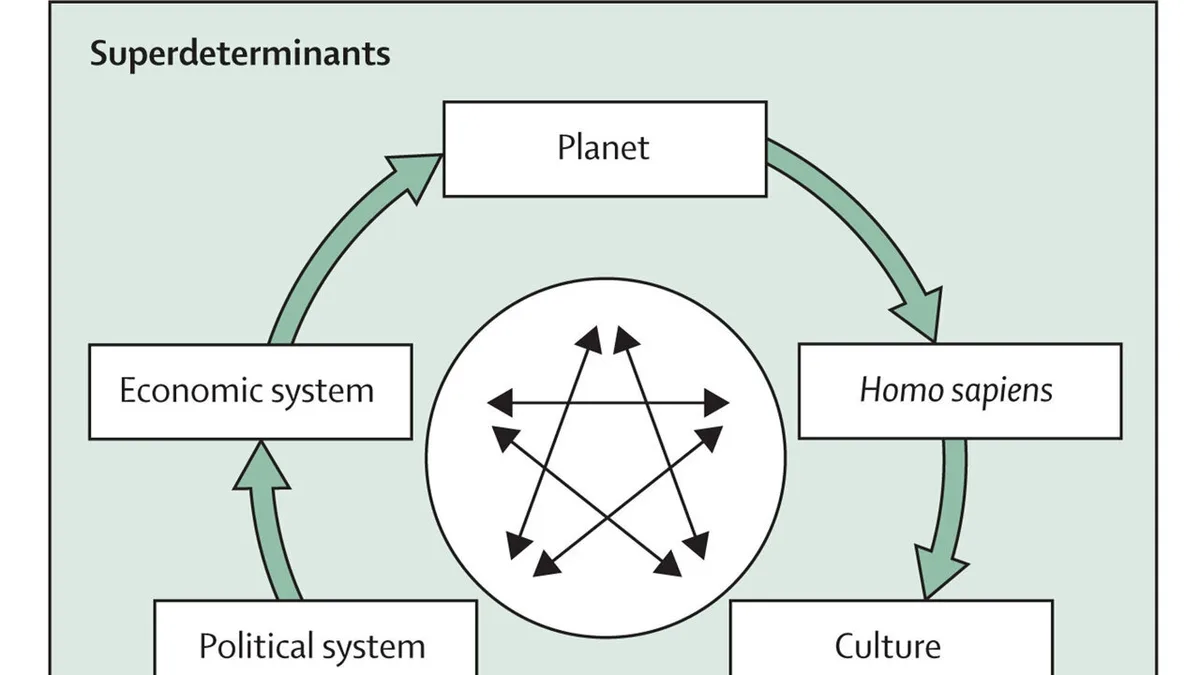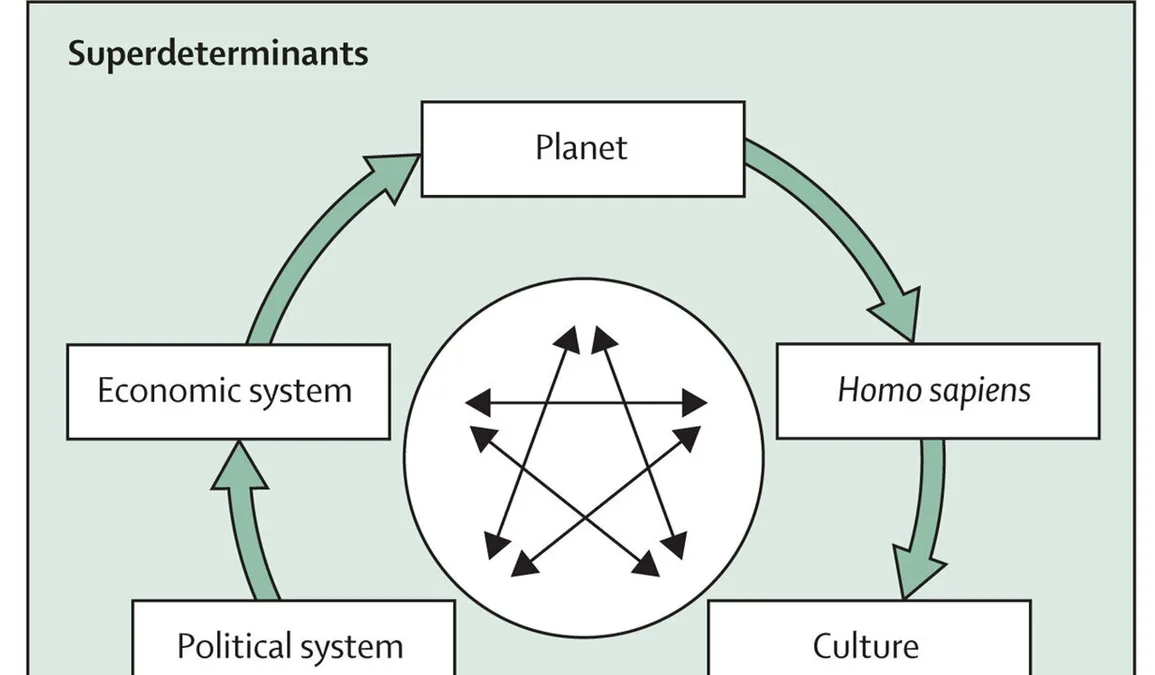
Understanding the Concept of ‘Health Reparations’ During Pregnancy
New research is shedding light on the importance of positive health ‘reparations’ during pregnancy, and the lifelong benefits they can provide to women. The term ‘reparations’ in this context refers to preventative, holistic care practices aimed at promoting the overall health of women during pregnancy, childbirth, and the postpartum period.
The Importance of a Preventative and Holistic Approach
According to the research, a preventative and holistic approach to women’s health during pregnancy can offer immense benefits throughout their lives. The focus is not only on the immediate period of pregnancy and childbirth but also on the long-term health of women. The study emphasizes the need for customized care plans in maternity settings across the globe, adapted to the unique needs and circumstances of each woman.
Addressing Vulnerability and Inequities in Maternal Health
The research critically examines the concept of ‘vulnerability’ in maternal health. It argues that vulnerability should not be viewed as an inherent characteristic of the individual woman but rather as a result of broader social, economic, and environmental conditions. The lack of attention to these conditions has contributed to the inability of many countries to significantly reduce maternal deaths over the past two decades. There is a dire need for a strong, multidisciplinary health system that provides high-quality maternity services, prevents ill health, and mitigates the impact of these inequities.
The Role of Prenatal Care and Healthy Lifestyle
Effective prenatal care, a healthy lifestyle, and good nutrition during pregnancy can significantly improve the health outcomes for both the mother and the child. These positive health ‘reparations’ can potentially lead to reduced risk of chronic diseases and better overall well-being in the long run. The benefits extend beyond the immediate period of pregnancy and childbirth, underscoring the importance of a long-term approach to women’s health.
Implications for Policy and Practice
The research calls for policymakers, healthcare professionals, and researchers to pay greater attention to the threats and barriers affecting antenatal, childbirth, and postpartum care. For instance, restrictions on public health insurance can serve as a significant barrier to improved maternal health among immigrants, as indicated by a study on Medicaid in the United States. Addressing these barriers can help ensure that every woman, regardless of her socio-economic status or nationality, has access to the quality care she needs during pregnancy and beyond.
Conclusion
Positive health ‘reparations’ during pregnancy have the potential to leave a lifelong impact on women’s health. There is a need to reshape our understanding of vulnerability in maternal health and to strive for a more equitable healthcare system. A holistic, preventative approach to women’s health care during pregnancy, emphasizing personalized care and addressing the broader social, economic, and environmental conditions, is crucial for the well-being of women worldwide.


